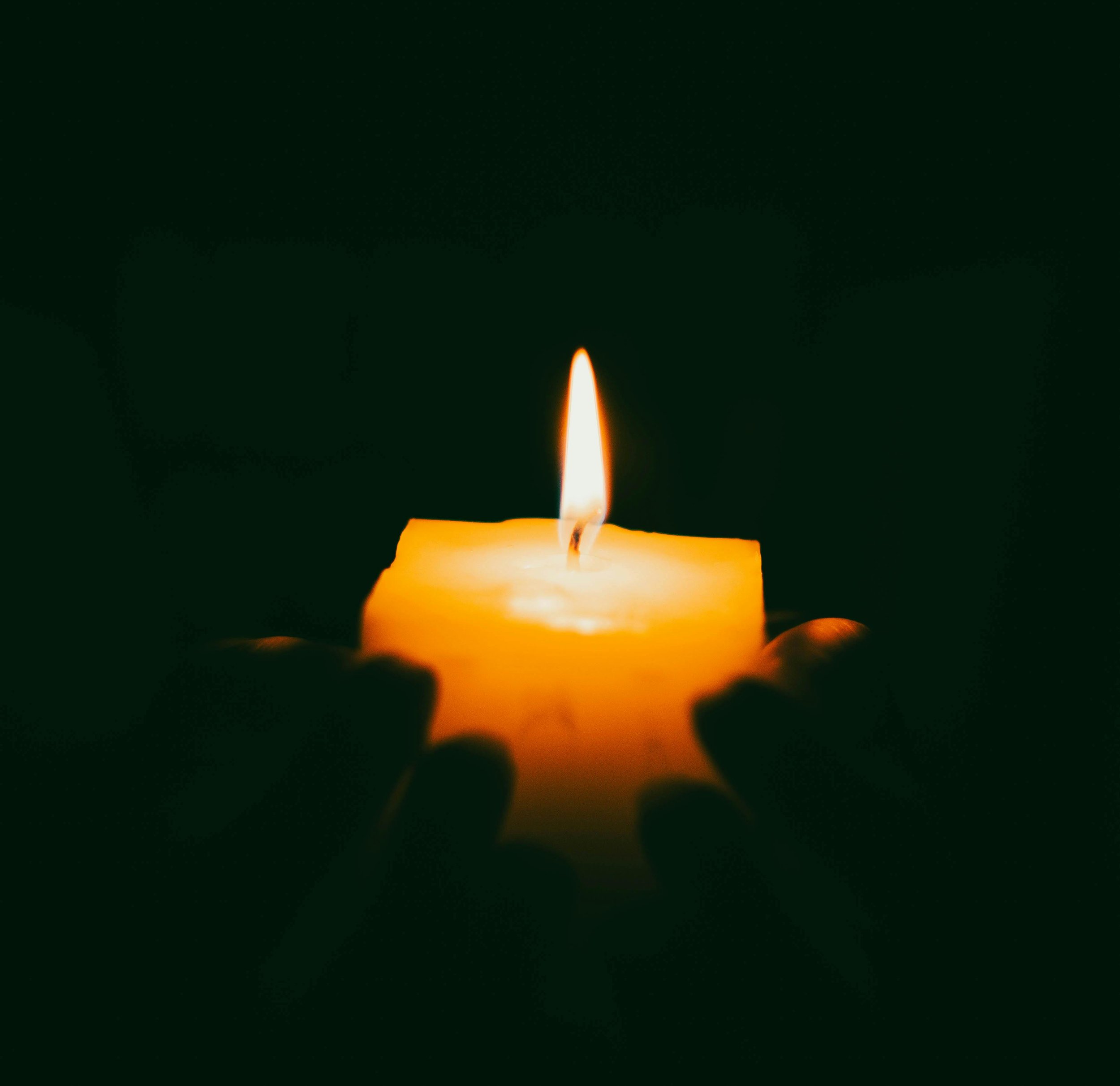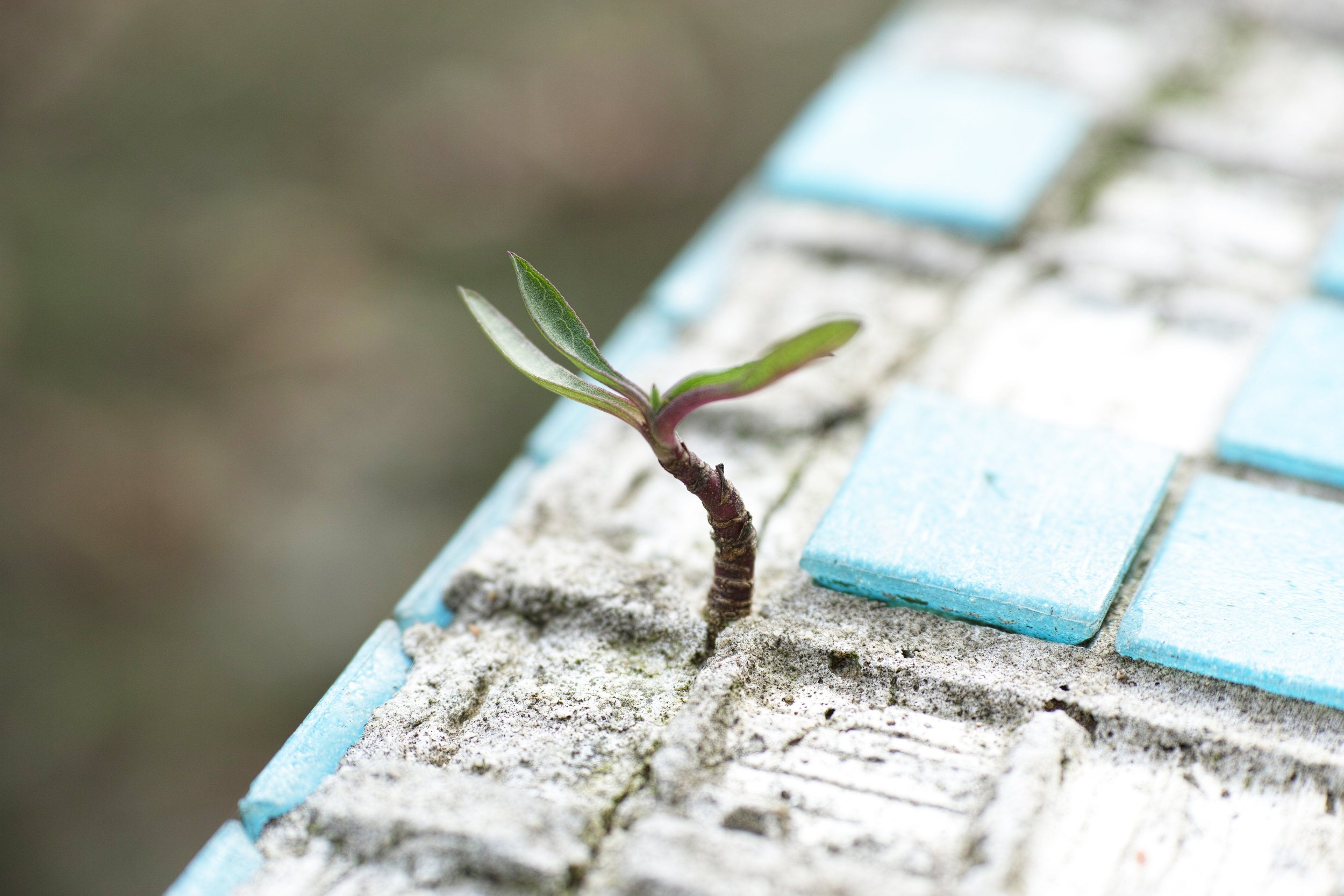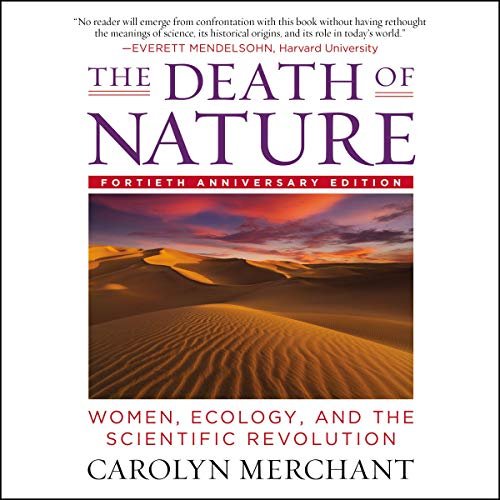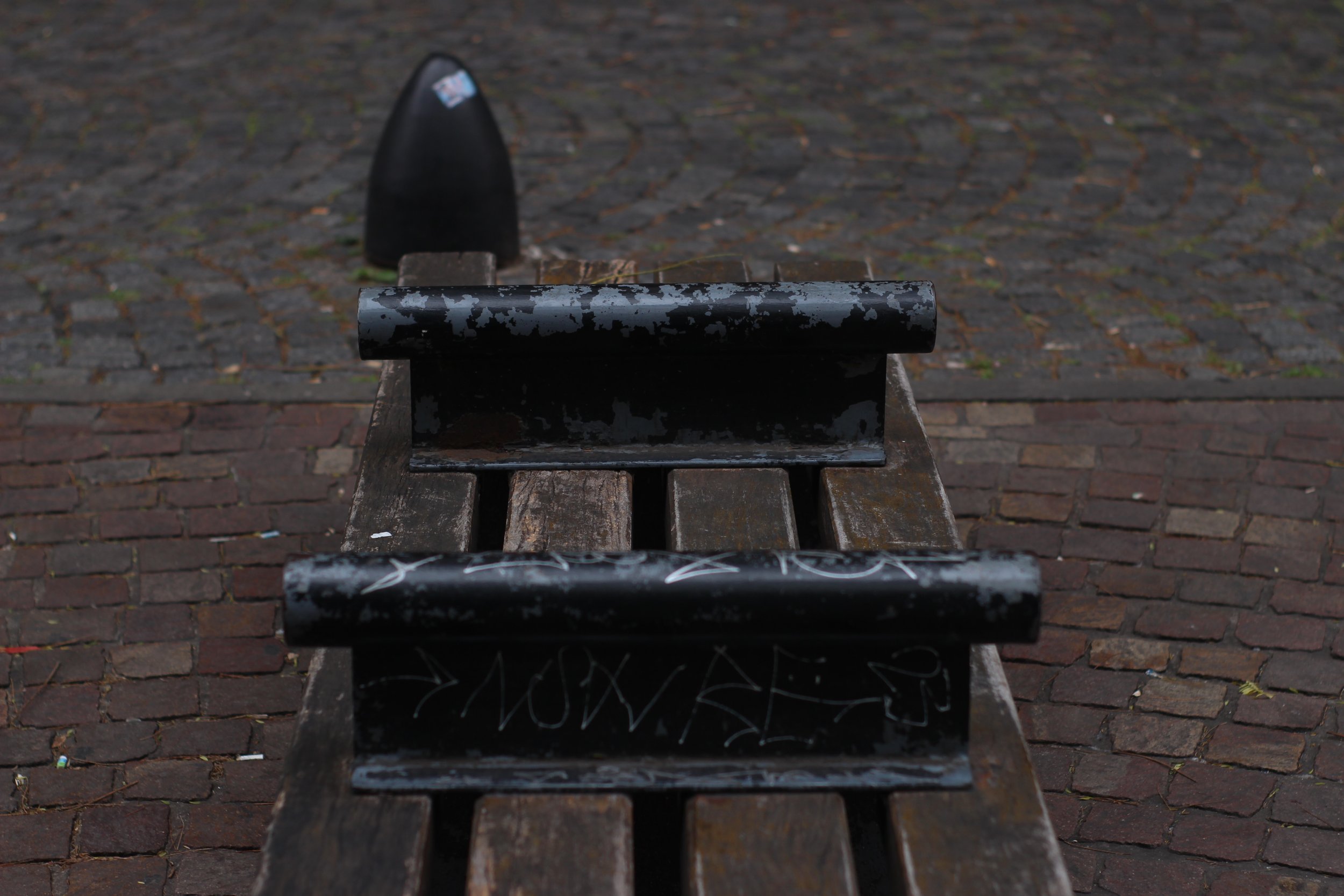
Adopting a scaredy-cat: a journey
Back in November, my partner and I adopted Nutmeg, a 4-year-old former feral cat who was completely terrified of humans and wanted nothing to do with us. A cat like Nutmeg most likely would have been written off as unadoptable and euthanized if she had been in a kill shelter, because she could not provide value to humans in that moment. It’s been about a year so far… head over to Patreon to read the full post* for free.
*Yes there are cute cat photos, what do you take me for?

Hope for the present, not the future
Given all of the strife that bombards my consciousness on a daily basis, why am I still writing hopelessly naïve articles about compassion and optimism et cetera on the internet? It’s a serious question, not really a rhetorical one. I wrote this article to see if I could come up with an answer; I think I recognized a few different factors, but I’m curious to know what you think after reading through the article. Let me know in the comments.

Links Roundup
Welcome to another edition of links roundup. This week, Ariel’s been reading and thinking about the following articles, none of which are explicitly solarpunk, but all of which relate to the way solarpunks choose to interact with the world and their communities.

Hope, but not right away
As I’ve said before both here and on the podcast, I really do believe that solarpunk is about looking around at the detritus of the early twenty-first century, then choosing deliberately to roll up one’s sleeves and get to work making a better world using the materials at hand, despite all the slings and arrows of outrageous fortune. However, moving rapidly away from negative feelings does them a disservice, and more importantly, may be doing solarpunk a disservice. Let me explain.

Questioning the “survival” narrative
After studying Cold-War, Canadian post-apocalyptic science fiction, I have decided that I don’t want to survive the post-apocalypse.
Or at least, I don’t want to do what it takes to survive. Not according to the tenets of the classic non-solarpunk sci-fi narrative, that is…

Hope and Solarpunk
Following hot on the heels of last week’s discussion of naïveté in solarpunk, Ariel wants to address the idea of hope head-on in this post.
Hope is an affect (aka feeling that drives action) that I’ve been thinking about for a while, ever since I was a graduate student. “Hope” is a word that gives people warm fuzzy feelings when they read it or use it, but I’m not sure that it’s very well understood or theorized in this day and age. Because most people equate the concept of hope with that of naïve positivity and intentional ignorance of “reality”.

Carbon offsets - karma or indulgence?
Carbon offsets are a bit of a joke to most people who are involved in environmental organization and activism. They tend to be lumped into the same category as medieval Catholic indulgences - “buy this special ticket to wipe away your environmental sins” - and are widely regarded as ineffective virtue-signalling…..Yet, carbon offsets were set up initially with the best of intentions. And it is still possible, today, to purchase carbon offsets that do actually contribute to combating climate change.
…For solarpunks, the ability to hold two conflicting concepts in one’s mind is extremely necessary in this case, in order to walk the tension that is life in late capitalism: understanding that the program can be used for good or for evil and is currently being used for both, necessitating a deeper, more thorough look through what exactly constitutes a particular carbon offset program.

Solarpunk … orthodontics?
In a solarpunk world, many people are going to need dental surgery. Many people are going to need orthodontic interventions. It’s just a fact. But what can we do now to make sure that the dentists and orthodontists of the future actually work to make their patients’ lives better, not just their teeth?

Solarpunks and companion animals
Using the language of “ownership” to describe humans’ relationship to their companion animal(s) assumes a subject-object relationship, or a hierarchical binary that positions all human animals as superior to non-human animals.
Instead of the baggage-laden term of “owner,” then, I propose solarpunks start to use “kahu” instead.

Fantasy, feminism, and philosophy
Ariel picked up some fantasy books lately, and she has some Thoughts about feminism and philosophy as it comes out in fantasy narratives. Join her for a little dive into the history of science and just a dash of literary analysis. (It’s not just a dash. Sorry not sorry).

Infrastructures of Violence
Solarpunk isn’t new to debates about violence, its pros and cons, whether it is a true reflection of the movement’s values or antithetical to its ethical commitments. I figured I’d give my own two cents’ worth here; I know I might be retreading old ground, but given this season’s focus on housing in particular and the built environment generally, I wanted to address this topic specifically.

Solarpunk is people! - notes on a generic visual identity
Solarpunk has a contested visual identity - or rather, it doesn’t have one at all, compared to cyberpunk’s cohesive vision of Brutalist buildings. That’s a problem, but one worth exploring, Ariel writes.

Climate change is a mental health issue
The recent essays and articles that I read for my thesis had a fascinating overlap: they were talking about climate, but they were also talking about mental health. Mental health issues such as depression and anxiety are a natural corollary of experiencing the climate changing. And this is something solarpunk can and should address now.

Thoughts on a solarpunk “canon”
Is there a solarpunk canon of must-read books? Or should there even be a “canon” at all?

#Solarpunk (& -adjacent) YouTube Channels
I (Ariel) watch a lot of YouTube – it’s for research purposes, I swear! Here are some of my favourites, in no particular order.

What is solarpunk to you, anyway?
It all begins with an idea.
